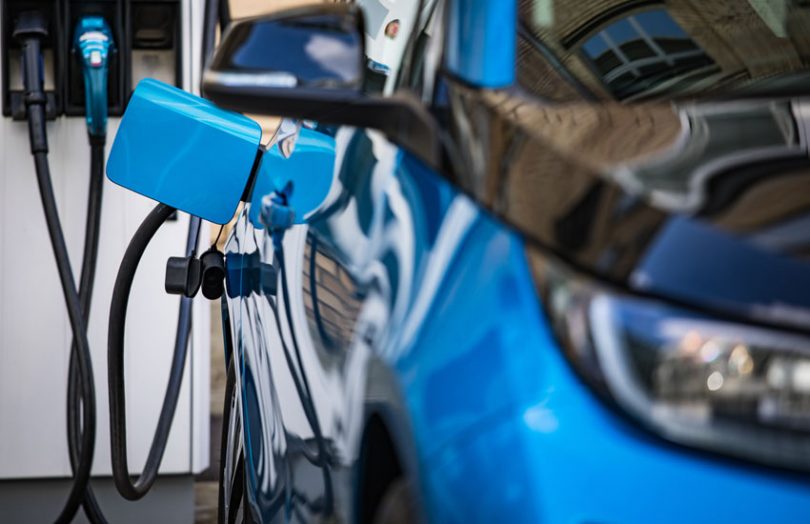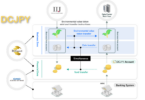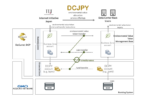On Wednesday Omega Grid announced a partnership with Electricite de France (EDF) and the Sacramento Municipal Utility District (SMUD) to deploy its blockchain-based local electricity market software in Northern California.
A trial of the software will be run in the region to coordinate electric vehicle charging with solar generation and is being backed by an American Public Power Associate (APPA) grant.
The project aims to demonstrate the use of blockchain in adding solar panels and electric vehicles to the local electricity grid without the need for an expensive infrastructure upgrade. The initiative will take place near Sacramento, California and has received support from the EDF Innovation Lab.
“As the distribution grid is evolving due to a continuous increase of penetration of Distributed Energy Resources, including electric vehicles and solar panels, EDF has been highly involved in grid modernization. Customers are becoming a key player in the electricity system,” said EDF Innovation Lab’s Arnaud Souille, Smart Grid Program Manager.
The existing system limits the ability of power companies to add new grid infrastructure without incurring huge costs. Blockchain for energy demonstrates how the end-user can become a source of electricity using solar panels and setting up big batteries. At the same time, the power companies pay the user for their contribution to the grid.
Equilibrium needs to be achieved in the form of power generated and costs incurred, with the infrastructure costs for the power companies being minimal.
Omega Grid will run a blockchain rewards program and has already demonstrated self-optimization by consumers in its pilot with the Burlington Electric Department, Vermont.
“This project is a game-changer for blockchain in energy because few distribution utilities have the ability to test local energy markets with their customers,” Killian Tobin, Omega Grid’s Co-Founder, and CEO stated.
The fact that this blockchain trial is in California is particularly relevant for electric vehicles. California is considered a world-leader in strict emission legislation and incentivizing sale of low emission vehicles. The government offers an electric vehicle rebate program. While total car sales in the state have dropped, it has seen continuous growth in electric vehicle sales.
“We are most interested in learning how blockchain technology can help us cost-effectively integrate more electric vehicles and solar on our grid,” said Denver Hinds, SMUD’s Grid Evolution R&D Project Manager.
Energy, blockchain and businesses
Last month, blockchain startup WePower received investment from conglomerate Marubeni. The Japanese giant believes that WePower’s energy marketplace helps commercial and industrial energy consumers. It enables them to transact directly with renewable energy producers in an automated fashion.
Japan’s Toyota is also exploring the use of blockchain for a prosumer electricity trading test with the University of Tokyo and TRENDE. The project is exploring electricity trading amongst individuals and businesses where solar panels generate the power which is stored in secondary batteries and electrified vehicles.
Power trading initiatives using blockchain are active in Australia where Power Ledger is running a test for a decentralized energy trading platform. Last month Sumitomo Corporation Group and Shell Ventures invested in blockchain energy startup LO3 Energy to scale up its microgrid operations. LO3 Energy aims to enable excess renewable energy to be shared through its blockchain-based microgrids.






